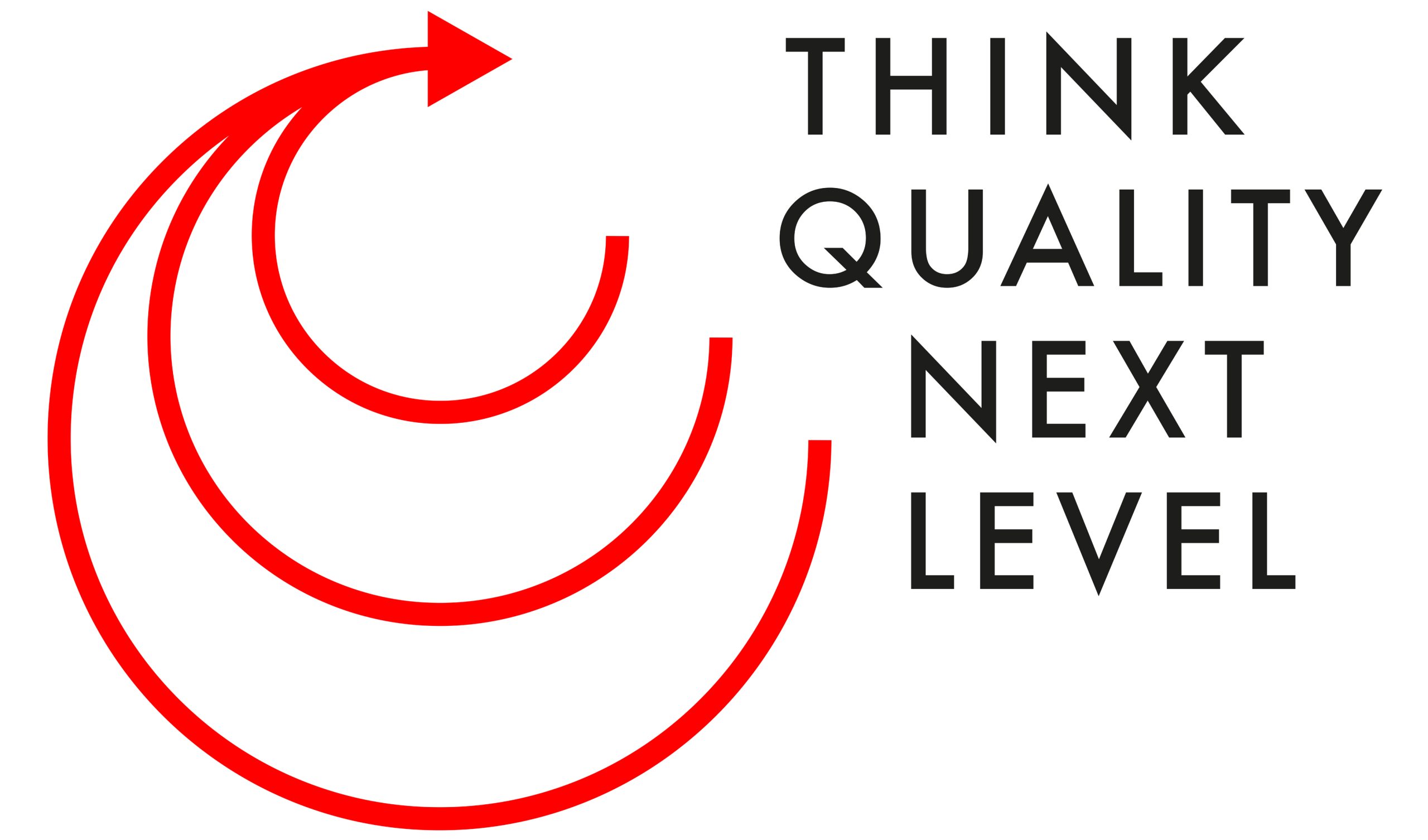Uster shares raw material management know-how
Raw material management has a high priority for Uster Technologies. That’s clear from FiberQ – part of the new Uster 360Q suite of pioneering solutions for excellence in textile manufacturing. And it’s underlined by a second webinar pointing the way from raw material data to profits, scheduled for early November.
Fluctuations in raw material prices and quality are constant headaches for spinners. And volatile market demand for yarns adds to the pain. Market conditions are unpredictable, so the big challenge is to implement reliable planning for cotton sourcing and yarn production, to cover all scenarios.
Raw material management challenge
Efficient raw material management can be the basis for profitable mill operations. The recipe involves minimized raw cotton inventory to combat price fluctuations, combined with state-of-the-art raw material management to make maximum use of those valuable stocks. And the vital ingredient is reliable data.
Of course, reliable data comes only from accurate measurements. It then requires proper analysis and decision-making. Until now, this was a human task – usually time-consuming, with a high risk of mistakes and a low level of optimization. Increased sampling could enable better visualization of cotton quality, but that likely requires even more data analysis and interpretation. This is no longer a problem since the Uster FiberQ solution allows cotton classification data from HVI to be automatically uploaded to the Uster 360Q Platform. From there it’s easy to create optimum laydowns.
“Even without large raw material inventory and with basic textile know-how, mills can achieve consistent and reliable laydowns for long-term quality consistency and trouble-free production,” says Stratos Fragkotsinos, Head of Product Management for Mill Management Solutions at Uster Technologies.
The FiberQ solution
One of the general issues is the lack of objective measurement data to start making sound decisions on the purchasing or utilization of cotton. Despite the high impact of instrument data, not all mills invest in this valuable equipment. In order to address the investment priority challenge, Uster HVI is now more accessible in selected countries through a subscription model, subject to conditions. With Uster HVI, higher sample testing and achieving objective, data-driven raw material sourcing and utilization will now be possible for a wider segment of the market.
Once the instrument is available and testing of incoming material is established, spinning mills face a delicate balancing act to ensure optimal stock levels without compromising quality or profitability. FiberQ can lead to higher quality consistency with minimum waste and mixing costs. The fact is that 65% to 75% of production cost is for raw materials. So, spinners will readily understand the impact of the Uster raw material management solution.
Spinning mills need to adopt innovative techniques and technologies to meet cotton-related challenges and ensure long-term sustainability and profits. Until today, raw material management was largely based on the experience of mill personnel, with available tools at the level of Excel files. This resulted in low utilization of data, because of the complicated and time-consuming processes which ultimately could not offer optimum results.
Data-enabled software is the key to progress and success with raw material management. Uster FiberQ works with powerful software, analyzing fiber data from available inventories and creating consistent and reliable laydowns for optimum yarn quality and performance, every day.
Comprehensive and convincing
“I was asked by several mill managers about the advantages of choosing the Uster solution for raw material management,” says Fragkotsinos.
He acknowledges that simple worksheets or tools might be used by mills to support the work, but they are unable to handle the complexity and the deep know-how required to achieve and sustain raw material management in spinning mills.
“Uster offers a complete solution, starting from measuring the cotton parameters with the HVI, leading to big data analysis with know-how integrated software and including expert services from Uster technologists to ensure maximum and continuous value creation for the customer,” says Fragkotsinos.
The Uster ‘Think Quality’ approach makes FiberQ unique and it’s the central theme of the Uster raw material management webinar series. Uster’s second webinar is titled ‘How raw material data can boost profit in spinning’. It focuses on how spinners can apply Uster solutions to address today’s raw material management challenges and boost their profitability. The webinar will explain how data can be translated into insights for improvements in raw material procurement and production.
For more information and registration see https://event.eu.on24.com/wcc/r/8000049289/AACF0C9A4AD829C4322AB914F32F9AEF?partnerref=cd the first webinar on the subject ‘How to optimally manage cotton as a raw material’ is available on demand from the link
https://event.eu.on24.com/wcc/r/8000041407/FCCF6F220DEA316BDCAB8DA7CBDEC1B3?partnerref=cd
The Uster webinars are in English and free of charge. Like the FiberQ solution, the Uster webinars are developed with the goal of supporting spinners and quality managers to improve the overall process – from fiber to yarn.
Uster Technologies is the world’s leading provider of quality management solutions from fiber to fabric.
High-technology instruments, systems and services cover quality control, prediction, certification and optimization. The portfolio comprises quality management, laboratory testing and in-line process control instruments for fibers, staple fiber, and filament yarns, fabrics and nonwovens.
Uster Statistics, the unique global benchmark for textile trading, complements a portfolio of value-added services that includes training, consultancy and worldwide after-sales.
The Uster philosophy aims to drive innovation forward by meeting market needs – always with ‘quality in mind’.
Uster Technologies is headquartered in Uster, Switzerland and operates worldwide. It has sales and service subsidiaries in major markets and Technology Centers in Uster (Switzerland), Knoxville (USA), Suzhou (China) and Caesarea (Israel).
